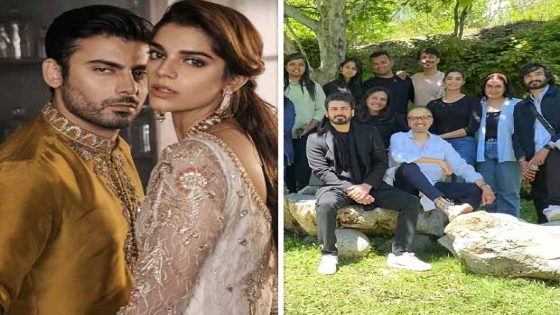So, Whateley waited.
And as Christmas day approached, there was one present the veteran broadcaster desperately wanted to appear under his tree.
As he and his family sat watching Carols by Candlelight on Christmas Eve, Whateley saw Nine’s first television advertisement for the Olympics coverage.
“I saw it and thought, I really want it – I really want to do this and it’s totally out of my control as to whether I can do it or not.”
Loading
After months of delicate negotiations, the answer was yes and, as the man himself so eloquently put it, “on loan we go.”
Whateley believes the Australian athletics team is building something very special.
Rohan Browning, Peter Bol, Jessica Hull, Torrie Lewis and Claudia Hollingsworth are all athletes he’ll be keeping his eye on in Paris and beyond.
“I think we have the makings of a great team, particularly for the future,” he said.
“We’re picking up journeys. We’re on the futures market. Whatever happens here is the downpayment for LA, and then hopefully that’s the build to what happens at the home games.
“This is Cathy Freeman on the horizon building towards Sydney. It’s a really promising futures market.
“My guess would be the most depth that our athletics team has had in a generation.”
And Whateley will be there every night of the athletics for Nine, working alongside Dave Culbert and Tamsyn Manou, in front of 70-80,000 people at the Stade de France.
“I get tingles just thinking about it.”
Known for his impeccable timing, his attention to detail – or as he describes himself, a “chronic overpreparer” – and his supreme ability to capture the moment, Whateley has developed a reputation for being the best sports broadcaster in the country.
Australian Football Hall of Fame member, and commentary great, Bruce McAvaney is a hero to many – including Gerard WhateleyCredit: AFL Photos
The man who held that mantle for decades prior, Bruce McAvaney, is the figure who inspires Whateley most.
But he’s not Bruce, and he doesn’t want to be.
Loading
“He is the figure that I’ve always found the greatest inspiration in from when I was young through my professional career to where we find ourselves now,” Whateley said with reverence.
“If there’s a better caller anywhere in the world, I haven’t heard them.
“How lucky we are as Australians to have had that standard. To learn from that, to aspire to it, to know that you’ll never match that, and to find your own voice around that.
“Part of what I believe is: Find your own voice, find your own way. However I’ll do it, I’ll be me and people have probably had time to get used to how I do things.

Dean Lukin after receiving the Olympic super heavyweight weightlifting gold medal.Credit: AP
“I’ll try to do that, rather than be an imitation of something else. ”
Whateley’s earliest Olympic memory stems from 40 years ago, when he was in year four at primary school.
The Sydney-born Dean Lukin won gold in the super heavyweight category of the weightlifting in LA in 1984 and Whateley and his classmates were asked to figure out how many refrigerators Lukin was lifting on either side of the bar.
“That lives with me to this very day,” he said.
In 2000, 16 years later, Whateley was covering his first-ever Olympics in Sydney, where he worked for Network Ten as a reporter.
As Ten was a non-rights holder, he wasn’t calling or covering events, but found himself mainly covering the doping controversies that surrounded a handful of eastern European nations.
From there, he’s nearly done it all: He’s called Kobe Bryant in a gold medal basketball game; Lionel Messi in a gold medal football game; and Kyle Chalmers winning the 100m freestyle.
Outside of the Olympics, Whateley has become a household name nationally through sports including Aussie rules, cricket and horse racing. After joining Hutchison’s SEN from the ABC, he was able to fulfil another lifelong ambition by calling the Superbowl.

Gerard Whateley has called the late Kobe Bryant in an Olympic basketball game.Credit: Iain McGregor, The Press, Fairfax Media New Zealand
Nearly everything. But not the athletics.
“It always feels like the centrepiece of an Olympics is what happens at the track,” he said.
“It’s truly international, the most nations competing, the icons of sport tend to come out of that, it’s the biggest theatre in world sport.
“Part of my motivation to, at the start, to want to call horse racing was to be able to eventually call races at the Olympics, in whatever form that took over time.
“Then I was able to practice that in swimming and then, yeah, this is probably the ultimate goal to it.
Source Agencies

